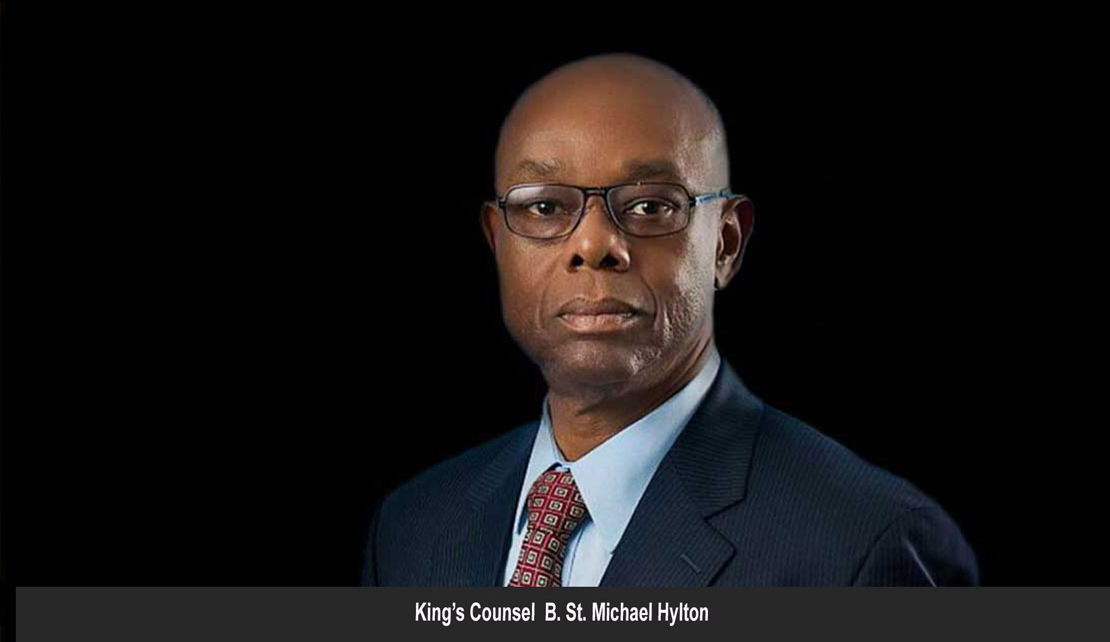JAMAICA | Privy Council Proposal Sparks Controversy Over Jamaican Constitutional Rights

MONTEGO BAY, Jamaica, May 22, 2024 - Amidst the ongoing debate over constitutional reform in Jamaica and the potential shift from the Judicial Committee of the Privy Council (JCPC) to the Caribbean Court of Justice as the final appellate court, a new proposal from the JCPC has drawn significant criticism.
Jamaica’s King’s Counsel Group has voiced strong objections to the JCPC's proposed "review of merit" rule, claiming it violates the Jamaican Constitution. In a letter dated May 17, the group's chair, Attorney Michael Hylton, outlined their concerns to the registrar of the JCPC, calling for a reconsideration of the new rules scheduled to take effect in October.
Hylton's letter highlights that under Jamaica’s Constitution, litigants have an unequivocal right to appeal to the JCPC in certain cases, a process traditionally involving an oral hearing before a panel of five or more judges. The proposed procedural changes by the Privy Council, he argues, would strip litigants of this fundamental right.
“The group is of the view that this proposed procedure is fundamentally wrong in principle,” Hylton stated. “Under Jamaica’s Constitution and the constitutions of some other countries that maintain the JCPC as their final appellate court, a litigant is entitled, as of right, to appeal to the JCPC in certain cases. Those appeals have always involved an oral hearing, usually before a panel of five or more judges,” he added.
The proposed rule would allow a single judge to review appeals, determining if they are "devoid of merit" and potentially dismissing them without an oral hearing. This change, according to Hylton, would undermine the intent of the Jamaican Constitution and the legitimate expectations of Jamaican litigants.
“The consequence of the proposed change would be that in cases where three judges of Jamaica’s Court of Appeal have applied the test required by the Constitution and given the appellant leave, a single judge of the Privy Council may effectively overrule them, by applying a different test,” the letter elaborates.
The King's Counsel Group's letter further asserts that the Jamaican Constitution provides a right of appeal in civil cases deemed of great general or public importance. The proposed rule would infringe upon this right, reducing the opportunity for significant matters to be heard by the highest court.
“We respectfully invite the JCPC to reconsider this proposal,” the letter concludes.
The "review of merits appeal" rule is part of several new regulations set to be implemented in a few months, aiming to reduce the number of cases brought to the Privy Council. Despite a month-long consultation process that ended recently, the proposal continues to face backlash. Last year’s testing of the rule also met with strong objections, prompting the current consultations.
If enacted, the new rule would allow a single judge to initially review appeals from appellants with permission from the court below or a constitutional right of appeal, determining if they lack merit. Appeals deemed meritless would then be subject to dismissal by a panel of justices without an oral hearing, a significant departure from existing procedures.
This proposed change has sparked a contentious debate over its alignment with constitutional guarantees and its broader implications for justice in Jamaica.
The proposed "review of merits appeal" rule has sparked a significant controversy, raising questions about its compatibility with the Jamaican Constitution and its potential impact on the rights of litigants.
As the debate unfolds, the call for the JCPC to reconsider these changes underscores the importance of maintaining judicial processes that align with constitutional principles and protect the rights of appellants.
The outcome of this debate will not only influence Jamaica's legal landscape but also reflect broader considerations about the balance between judicial efficiency and the preservation of fundamental legal rights.
It is against this background that proponents of the Caribbean Court of Justice (CCJ) are advocating for a swift move to the CCJ to prevent the devaluing of the rights of Jamaican citizens by the Privy Counsellors in His Majesty's Privy Council in London.
This shift is seen as a necessary step to ensure that the judicial processes remain in line with constitutional principles and the expectations of justice for all Jamaicans. As the nation deliberates its judicial future, the move to the CCJ is increasingly being viewed as a means to safeguard and enhance the legal rights and protections of its citizens.
-30-
